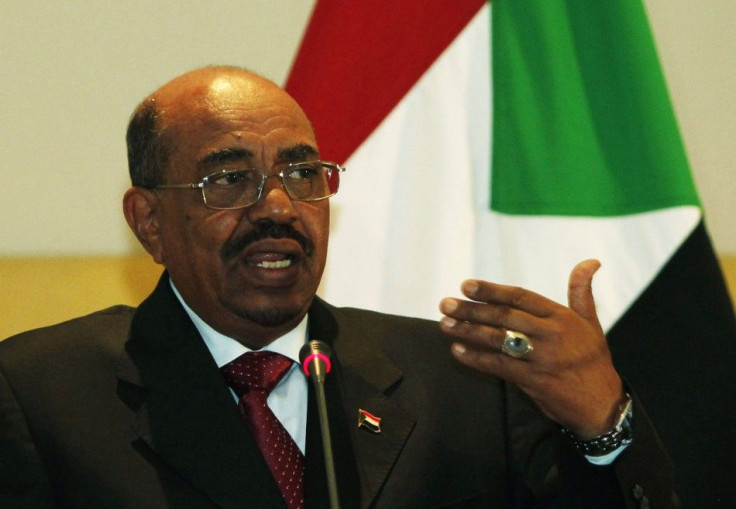Sudan President’s First Visit to Post-Gaddafi Libya Sparks Outrage

Human rights groups and others are outraged by the first state visit of Sudan’s President Omar al-Bashir to Libya in the post- Moammar Gaddafi era.
Bashir, who supported the anti-Gaddafi revolution, was greeted at the Tripoli International Airport by Mustafa Abdel Jalil, the head of Libya’s National Transitional Council (NTC), according to Reuters.
The Sudanese leader is believed to be in Libya for two days.
However, Bashir is regarded as a war criminal in the West and is wanted by the International Criminal Court (ICC) on charges he committed genocide in connection with the mass murder of people in the Darfur region of Sudan. He is alleged to have ordered his troops to carry out acts of murder, extermination, forcible transfer, rape and torture upon various ethnic groups and opponents.
Almost three million people fled their homes since the start of the troubles in 2003 in Darfur; at least 300,000 have died in the conflict, mostly from disease and starvation.
During the Darfur crisis, Sudan’s relations with Gaddafi were strained because it was believed the former Libyan leader aided rebels in Darfur and offered asylum to opponents of Bashir.
According to the WAL news agency, Bashir blasted Gaddafi during his Libyan visit.
We all suffered from the old [Gaddafi] regime ... We [the Sudanese] were the second to have suffered the most, after the Libyan people, Bashir told WAL.
Jalil himself visited Khartoum in November and claimed that Bashir provided weapons and other assistance to the Libyan rebels who fought Gaddafi.
The invitation of a man like Bashir raises grave questions about NTC’s commitment to human rights and democracy, activists contend.
Richard Dicker, international justice director at Human Rights Watch, said in a statement. His [Bashir’s] arrival in Tripoli sends a disturbing signal about NTC's commitment to human rights and the rule of law. Following the end of decades of brutal rule in Libya, it is disturbing if Tripoli hosts a head of state on the run from international arrest warrants for grave human rights violations.
He added: Many governments have refused him entry into their countries. Whatever the political history and ties between the NTC and Omar al-Bashir in the past, respect for human rights, not to mention concerns for hundreds of thousands of Darfur victims, takes priority. This is what adhering to the rule of law is all about.
Under the terms of the arrest warrants that the ICC has already issued for Bashir, all countries that are signatories to the ICC charter are obliged to arrest him in the event he enters their counties.
However, Libya is a “safe” country for Bashir since it is not an ICC signatory. Bashir has in the past visited China, which also does not recognize the ICC charter.
Interestingly, over the past year alone, Bashir has also gone to three ICC signatory countries (Kenya, Chad and Malawi) and somehow evaded arrest each time.
© Copyright IBTimes 2024. All rights reserved.





















